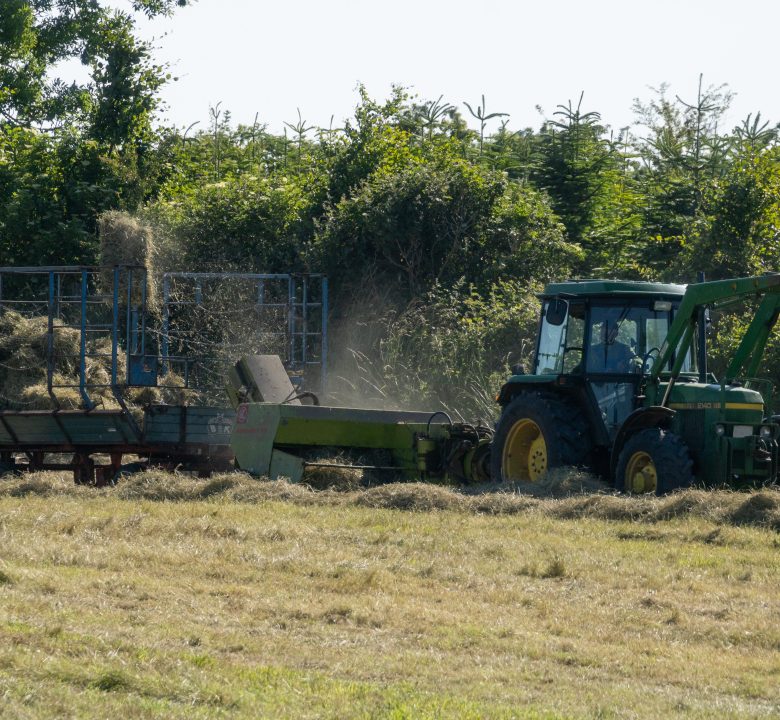
Irrigation Technology in Agribusiness in Africa
February 2, 2023
Composting at Home
February 3, 2023Agribusiness has become an important part of the global economy, providing food and other essential products for millions of people around the world. However, the impact of agribusiness on rural communities, especially in developing countries, can be both positive and negative. While agribusiness can provide jobs and economic opportunities, it can also lead to environmental degradation, loss of traditional livelihoods, and increased poverty. In this article, we will explore the different ways in which agribusiness affects rural communities, both positively and negatively.
The Positive Impacts of Agribusiness on Rural Communities
Increased Employment and Income Opportunities
One of the most significant benefits of agribusiness is the creation of new job and income opportunities. Many rural communities rely on agriculture as their primary source of income, and the introduction of agribusiness can provide new opportunities for employment and increase household incomes. For example, agribusiness can provide jobs in production, distribution, and sales of agricultural products, as well as in related industries such as packaging and transportation.
Improved Infrastructure and Services
Agribusiness can also lead to the development of new infrastructure and services in rural communities. This includes roads, bridges, irrigation systems, and other infrastructure necessary for the production and distribution of agricultural products. Improved infrastructure can also provide access to essential services such as health care, education, and financial services, which can lead to improved living standards for rural residents.
Other Impacts of Agribusiness on Rural Communities
Environmental Degradation
One of the main negative impacts of agribusiness on rural communities is the degradation of the environment. Large-scale agriculture can lead to soil erosion, deforestation, and the pollution of waterways, which can have serious consequences for local ecosystems and communities. For example, soil erosion can reduce the productivity of farmland and increase the risk of flooding, while pollution of waterways can harm fish and other aquatic life, affecting the livelihoods of fishing communities.
Loss of Traditional Livelihoods
Another negative impact of agribusiness on rural communities is the loss of traditional livelihoods. Many rural communities rely on small-scale agriculture, fishing, and other traditional livelihoods, which can be disrupted by the introduction of agribusiness. For example, small-scale farmers may be forced to sell their land to make way for large-scale agriculture, or fishing communities may be affected by the over-exploitation of fish stocks.
Increased Poverty
Finally, agribusiness can also contribute to alleviating the pressures increased poverty in rural communities. For example, small-scale farmers may be unable to compete with large-scale agribusiness operations, leading to reduced income and increased poverty. Additionally, the loss of traditional livelihoods and increased competition for jobs can also lead to increased poverty in rural communities.
FAQs
Q. What is agribusiness?
A. Agribusiness refers to the business of agriculture, including the production, processing, distribution, and marketing of agricultural products.
Q. How does agribusiness affect rural communities?
A. The impact of agribusiness on rural communities can be both positive and negative. On one hand, agribusiness can provide job and income opportunities, improved infrastructure and services, and contribute to the growth of the local economy. On the other hand, it can also lead to environmental degradation, loss of traditional livelihoods, and increased poverty.
Q. What are the challenges faced by rural communities due to agribusiness?
A. Rural communities face various challenges due to agribusiness, including environmental degradation, loss of traditional livelihoods, increased competition for jobs, and reduced income. Additionally, they may also face issues related to access to essential services such as health care, education, and financial services.
Conclusion
In conclusion, the impact of agribusiness on rural communities is a complex and multifaceted issue. While agribusiness can provide new opportunities for employment and income, it can also lead to environmental degradation, loss of traditional livelihoods, and increased poverty. It is important to address these challenges and find ways to balance the positive and negative impacts of agribusiness on rural communities. This can include measures such as promoting sustainable agriculture practices, supporting small-scale farmers, and providing access to essential services for rural residents. By doing so, we can ensure that agribusiness continues to play a positive role in the development of rural communities, while mitigating its negative effects.




